So, you’ve had an amazing summer with a flourishing garden, whether it's indoor or outdoor. You’ve picked all the tomatoes, summer squash, and lettuce your heart could desire. But now what? How do you transition from summer gardening to fall gardening? The care you give your garden at the end of the season is key to ensuring future success. Start by harvesting all those tasty crops you’ve grown, and we’ve got some tips to help you preserve them for the months to come. Read on for ways to prep your garden for long-term success!
When to Harvest Summer Vegetables
First things first, use this harvest guide to make sure you pick your summer veggies like savory beans, tomatoes, and bibb lettuce at their peak ripeness.
Harvesting Beans In The Summer
Snap beans should be picked while young to enjoy in fresh salads, or you can let them grow to full size for a larger harvest. Once the beans begin to produce, pick every other day to ensure your plants reach their full potential. If you can't eat them all right away, blanch and freeze them for later! To blanch, boil the beans for a minute, then cool them quickly in ice water. This preserves their color and crispness.
Harvesting Tomatoes In The Summer

For tomatoes, ripeness is easy to spot—they’ll have deep color and will feel slightly firm when squeezed. Think of the texture like avocados or peaches: just a little soft. As they ripen, their green color lightens, often with pink or yellow stripes. These "breaker" tomatoes can be used in salsas, pickled, or even fried (fried green tomatoes, anyone?).
For storing tomatoes, keep them at room temperature in a shady spot. Never refrigerate tomatoes, as cold temperatures break down their flavor. You can also freeze, can, or dry tomatoes for future use.
Harvesting Peppers In The Summer
When it's time to pick peppers, use a sharp knife or pruning shears to avoid damaging the plant. Be sure to leave a short stub of stem attached. Once harvested, rinse and dry your peppers, then store them in the fridge. Have too many? Try pickling them for later!
Peppers have a long harvest window and can stay on the plant a bit longer than other vegetables. They’ll produce more if you pick them often, so keep that in mind!
Finishing Your Summer Harvest Strong
When it’s time to wrap up your summer garden, make sure to pick ALL the remaining fruits, veggies, and edible leaves. Don’t worry if they’re not perfectly ripe—many fruits, like tomatoes, will continue ripening after they’ve been picked. Consider hosting an end-of-summer feast to share your harvest with friends and family. It’s also a great time to think about preserving, freezing, or giving away excess produce.
Wondering what to do with your herbs? Many herbs can keep growing indoors on a sunny windowsill, or you can dry your herbs like thyme, basil, and rosemary to use in winter recipes. For seed-saving enthusiasts, let your beans and squash ripen fully on the vine before picking, and then store the seeds in a cool, dry place for next season.
What To Do With Your Edible Garden After The Summer Harvest

As summer ends, it’s time to clean up and prepare for fall. Strip your plants of any remaining fruits and seeds, and remove them from garden beds. Add healthy, disease-free plants to your compost. However, any plants showing signs of disease (like powdery mildew) should go in the trash, not the compost. Also, don’t forget to empty and clean your pots and refresh the soil nutrients!
Good soil health is crucial for a productive garden. Your summer plants have depleted the soil of nutrients, so make sure to replenish it before planting next season’s crops. Without additional nutrients, next season's harvest won’t be as bountiful.
Final Tips for Your Weekend Gardening!
There you have it! This weekend’s gardening to-do list all in one place. Whether you have a full outdoor garden or just a few indoor plants, these tasks will help get your garden ready for the next growing season. Let us know how it goes, and feel free to reach out if you have any questions!
Love growing your own food? Want to connect with fellow gardeners? Join our private Facebook group to connect with a community of gardeners and foodies passionate about home-grown bounty!

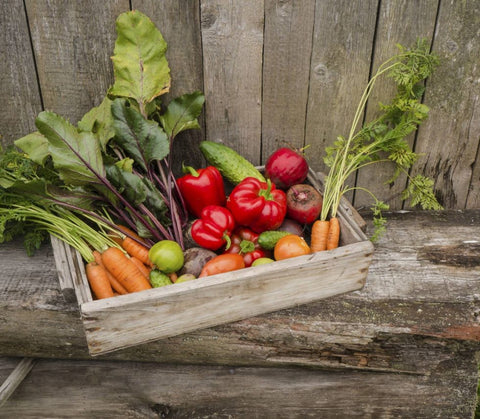
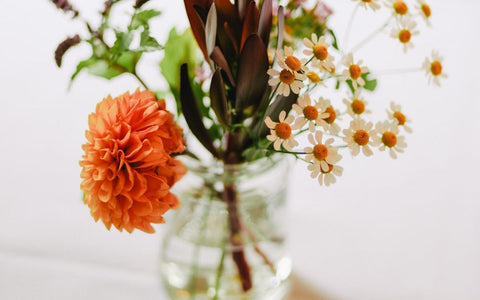
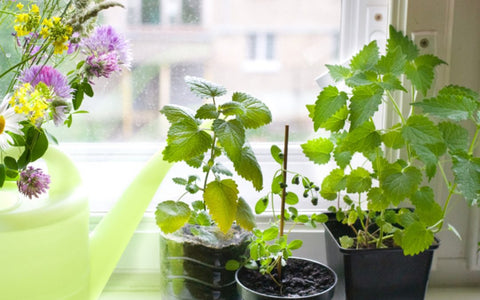


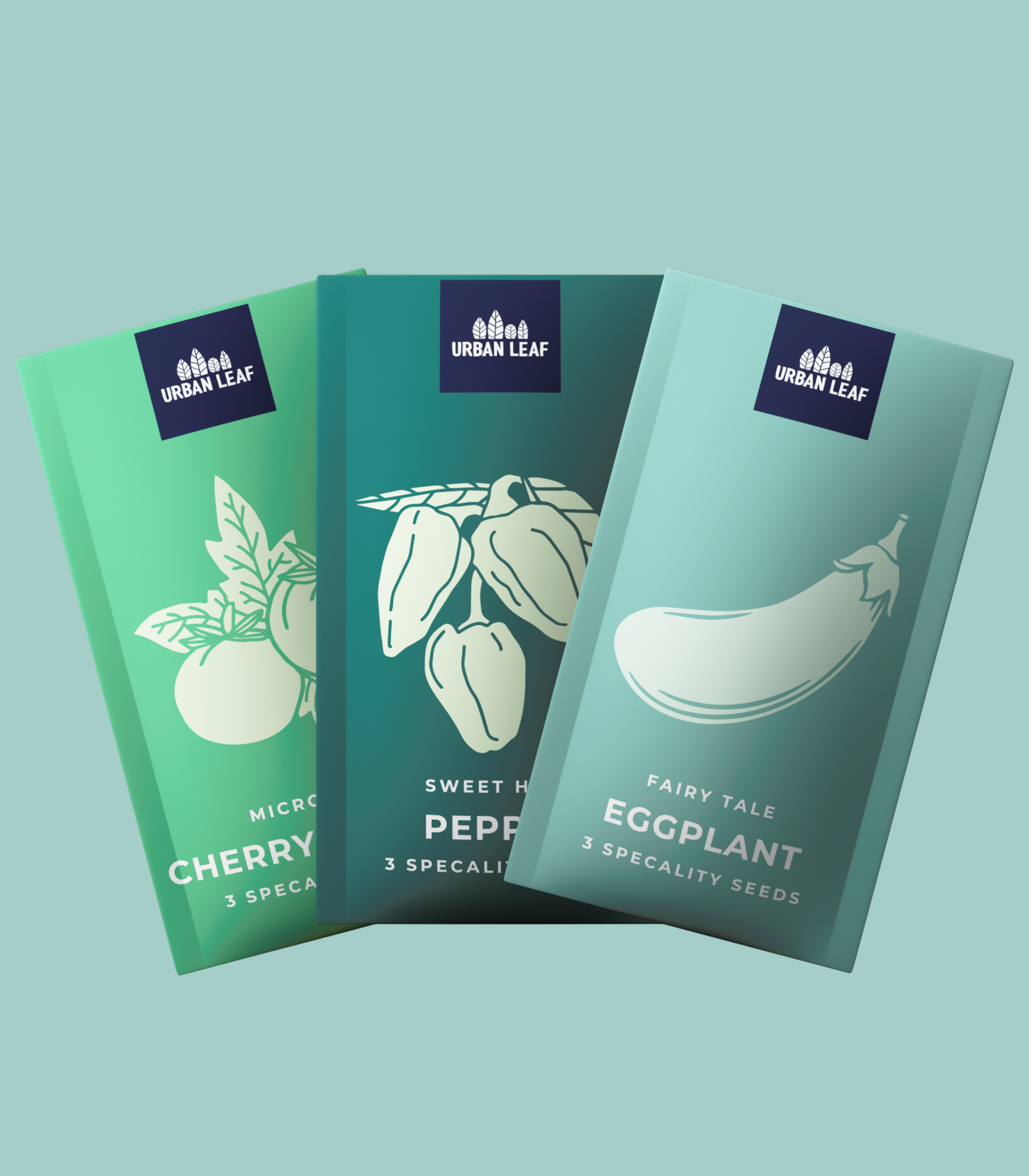
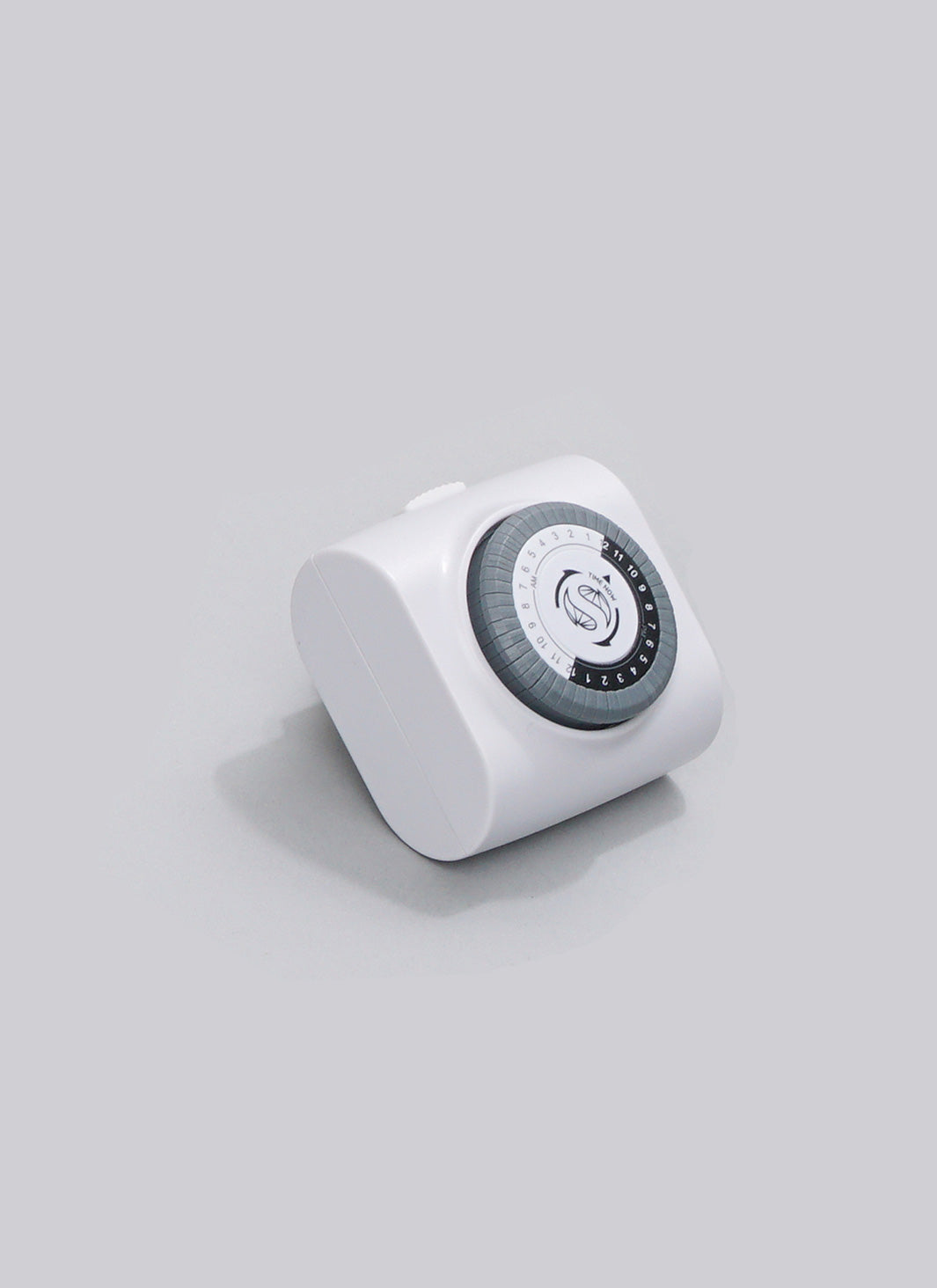
There are no comments for this article. Be the first one to leave a message!